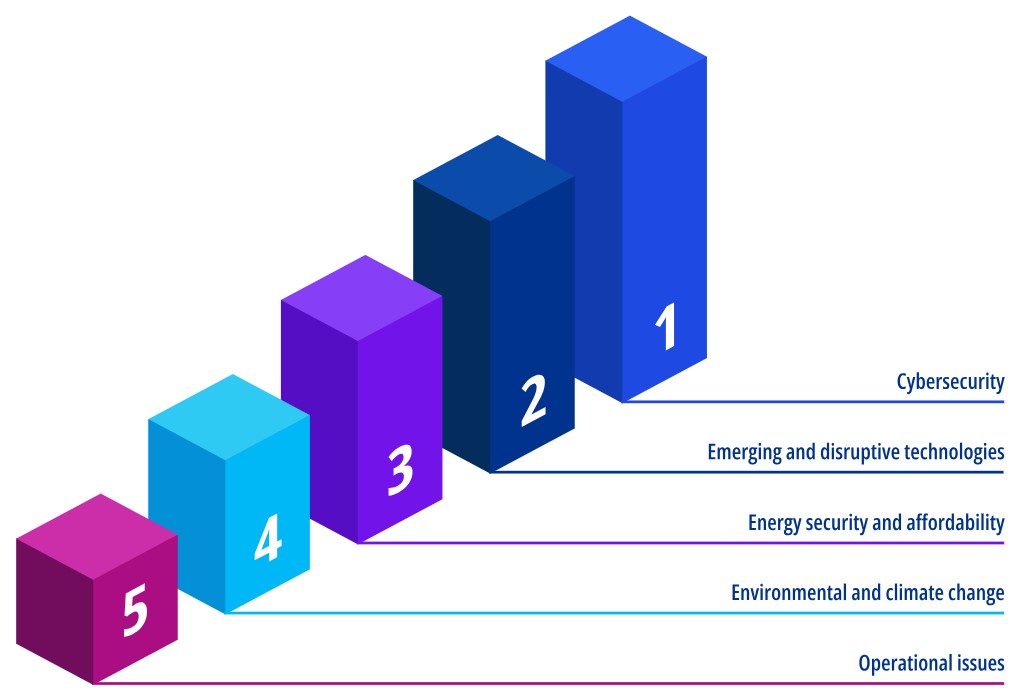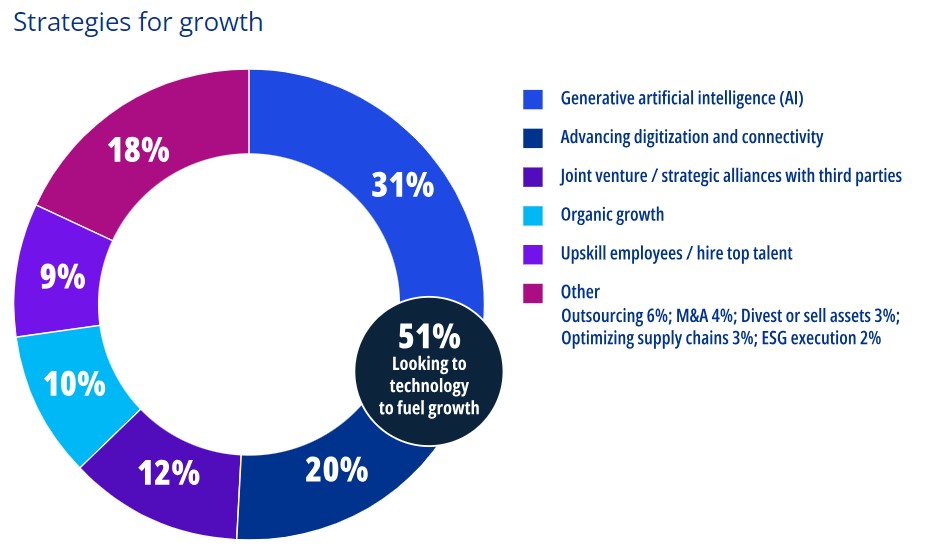'Today they see generative AI as the most important strategy to deliver on growth'

Over nine in 10 (92 per cent) of small- and medium-sized business (SMBs) leaders are confident in their company's growth prospects over the next three years, according to a recent report.
That number is up from 88 per cent in 2023 and 83 per cent in 2022.
“After a period of severe disruption, Canada’s SMB leaders have learned valuable lessons in resiliency and agility, making them more confident in their ability to steer through uncertainty and shield their business from future risks,” says Mary Jo Fedy, national lead partner, KPMG Private Enterprise, and CFO at KPMG.
“Four years ago, many firms were just starting to adopt a digital mindset, and today they see generative AI as the most important strategy to deliver on growth. Given Canada’s historic underinvestment in tech and growing productivity challenge, it is encouraging to see that business leaders are committed to investing in gen AI.”
Currently, 88 per cent are confident their business is in a stronger position today than a year ago and 65 per cent anticipate growth of 2.5 per cent or more per year over the next three years.
Previously, KPMG reported that CEOs of Canada's largest and most influential companies remain confident in their organization's three-year growth prospects (76 per cent) and the Canadian economy (83 per cent).
What is your company's growth strategy?
According to the 2024 KPMG Private Enterprise™ Business Survey of 735 companies, the following are the top threats to organizations' growth in the coming years.

Source: KPMG
To combat these threats and ensure growth, employers plan to bank on the following:

Source: KPMG
Bernard Marr, author and keynote speaker, shares the following tip for business growth in the coming year:
“Understanding how risks like supply chain disruption, skills shortages, and even the likelihood of future pandemics could impact operations is critical in order to build the capacity to respond proactively,” he says via Forbes.
“With its predictive capability, technology like AI is sure to play a role. But so, too, is the adoption of agile practices, including dynamic supply chains and flexible workforce management. Ignoring the lessons learned during the pandemic at the start of this decade would clearly be a big mistake, but the overriding message is to expect – and be prepared for – the unexpected.”




